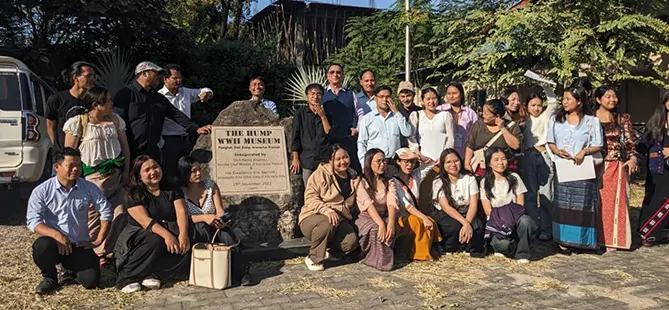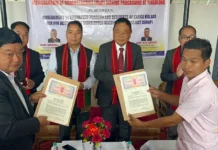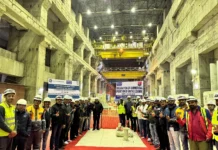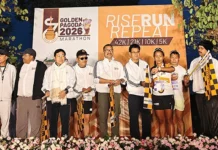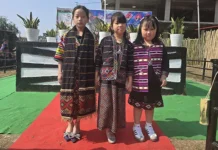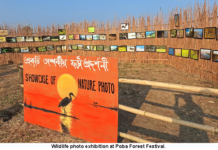PASIGHAT, 28 Nov: A two-day national seminar on ‘Archaeology in Arunachal Pradesh’, organised by the history department of Jawaharlal Nehru College (JNC), concluded here on Friday. The event was sponsored by the Indian Council of Historical Research (ICHR).
On the concluding day of the seminar, resource person Dr Tilok Thakuria, from the history and archaeology department of the NEHU, initiated a crucial discussion, defining archaeological material culture as “fossilized human behaviour.”
He stressed that the study’s central purpose is to “decipher meaning from past material culture” and understand the cognitive development of human behaviour, specifically “what, why, and how” of an object’s symbolic association to its past.
Dr Thakuria asserted that archaeology is fundamentally important because “it helps us understand and construct our identity.”
He noted that archaeological study in Northeast India is still very descriptive, and called for a transition to new methodological and multidisciplinary approaches to better understand material culture. He also specifically requested the JNC administration to add archaeology to the syllabus of various disciplines, ensuring that students grasp its theoretical, methodological, and systematic frameworks.
Delegates also gave presentations covering topics ranging from ancient settlement patterns to the analysis of newly discovered material culture in the region.
During open discussion, participants from academiaand local scholars underscored the necessity of integrating tribal historical knowledge into formal archaeological studies.
Dr Thakuria praised the quality of the papers and provided direction for future research collaborations.
Seminar coordinator Dr Leki Sitang and co-coordinator Dr Nuyu Mize also spoke.
Later, the delegates visited the Hump World War II museum in Pasighat. This was followed by a visit to Siluk village, which is recognised as the cleanest village in East Siang district.
The seminar concluded with a trip to Aohali village -Arunachal Pradesh’ first declared zero-hunting village, which offers a vital insight into successful indigenous conservation models. (DIPRO)

